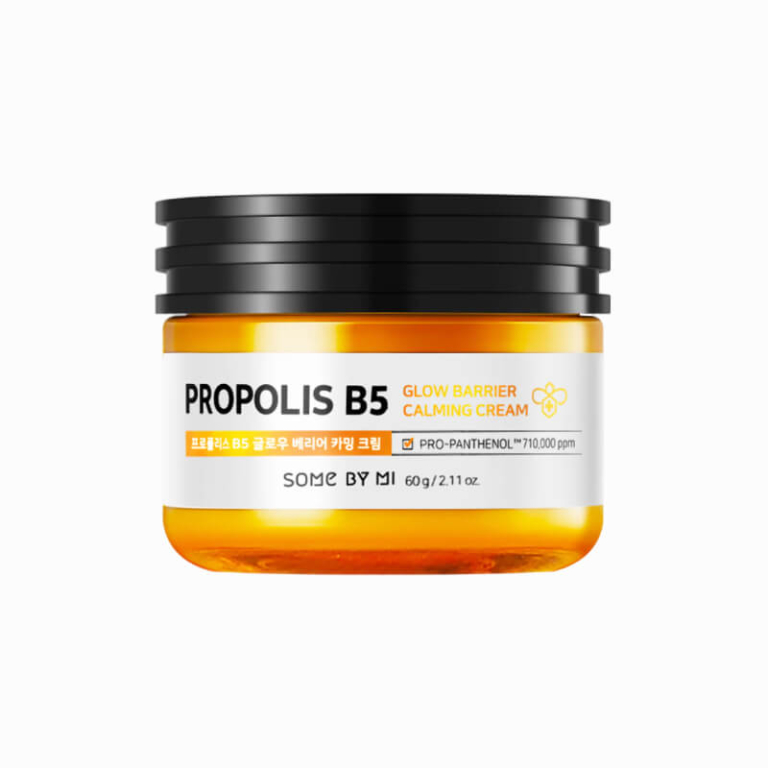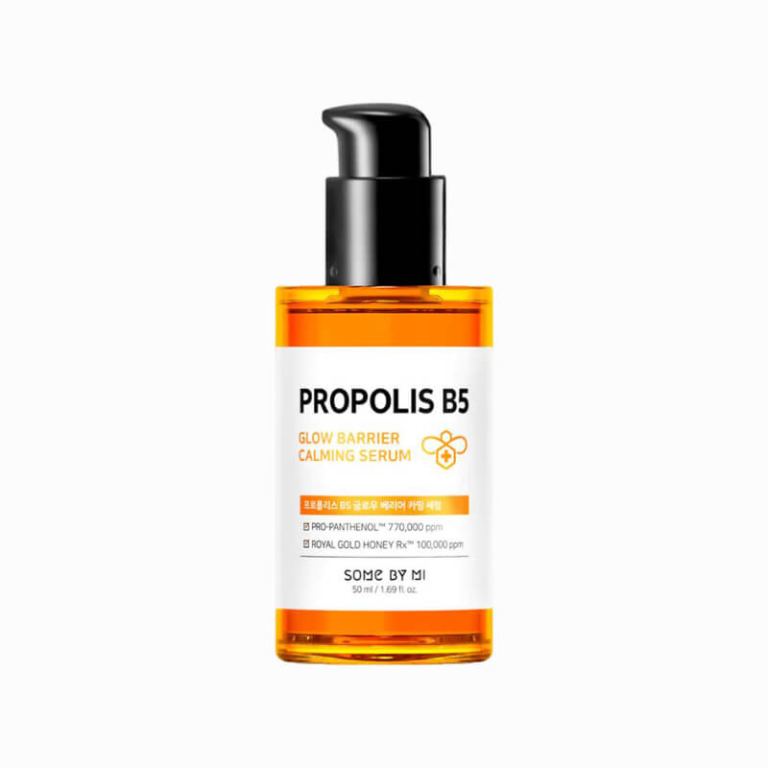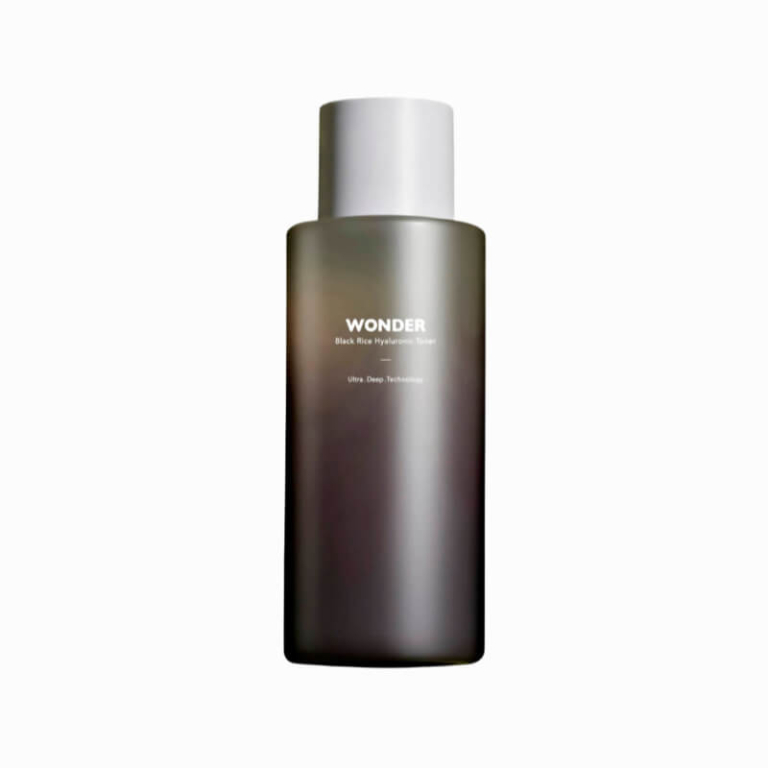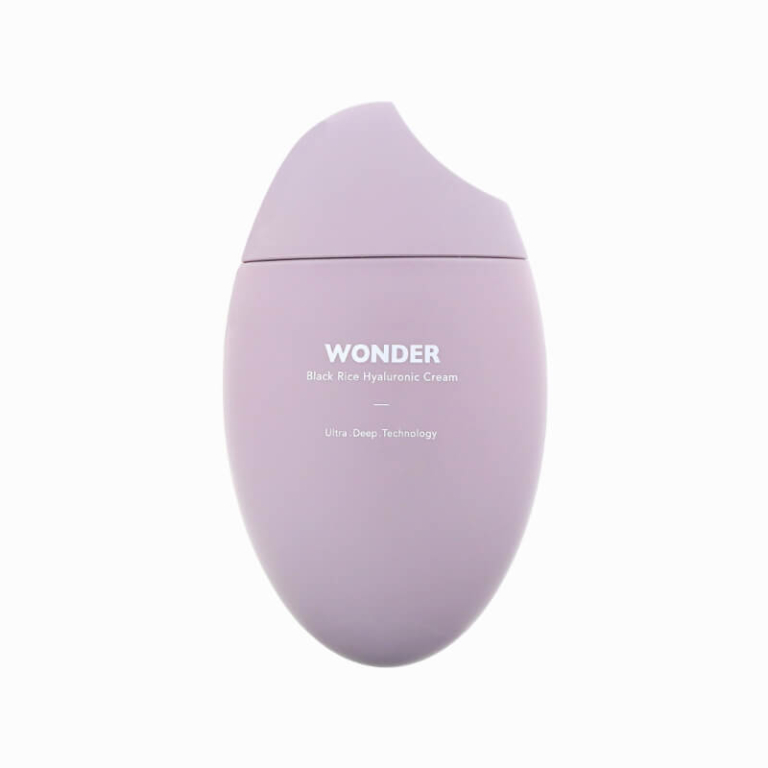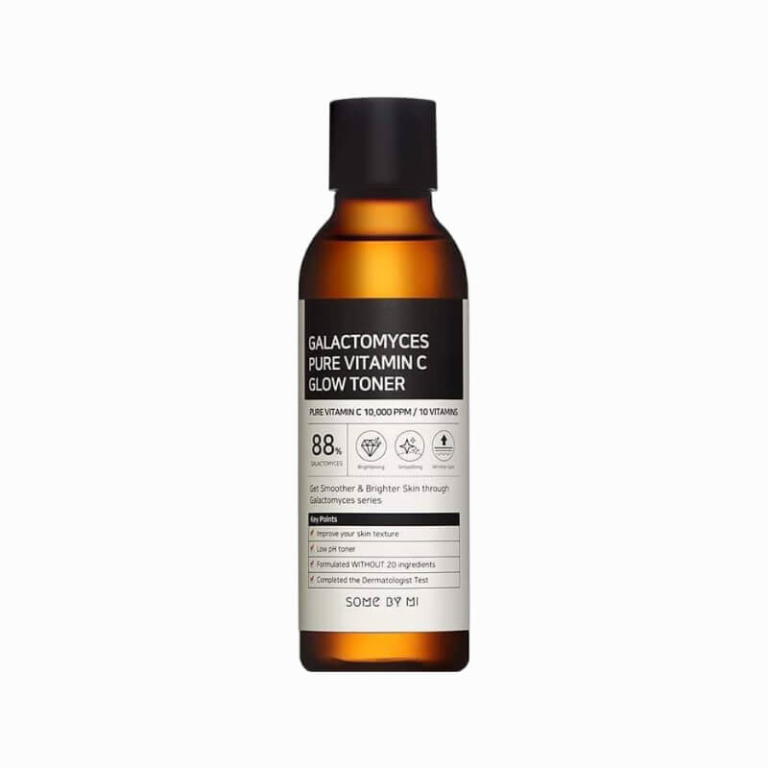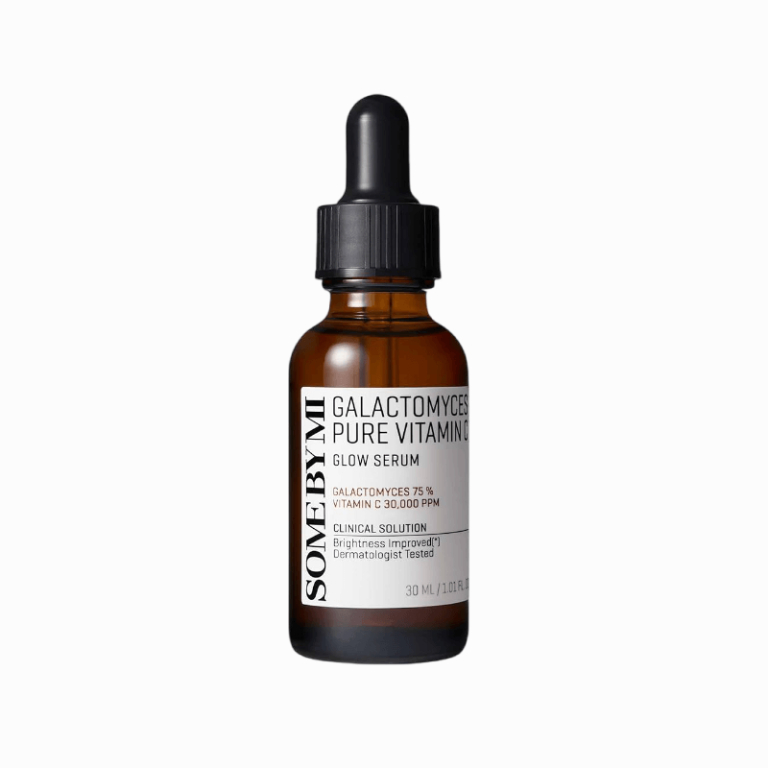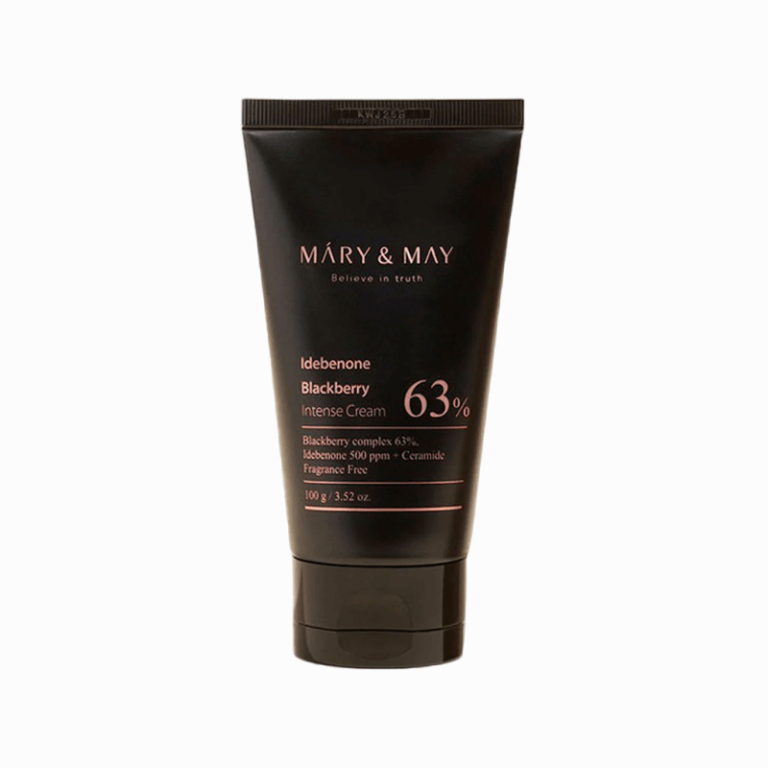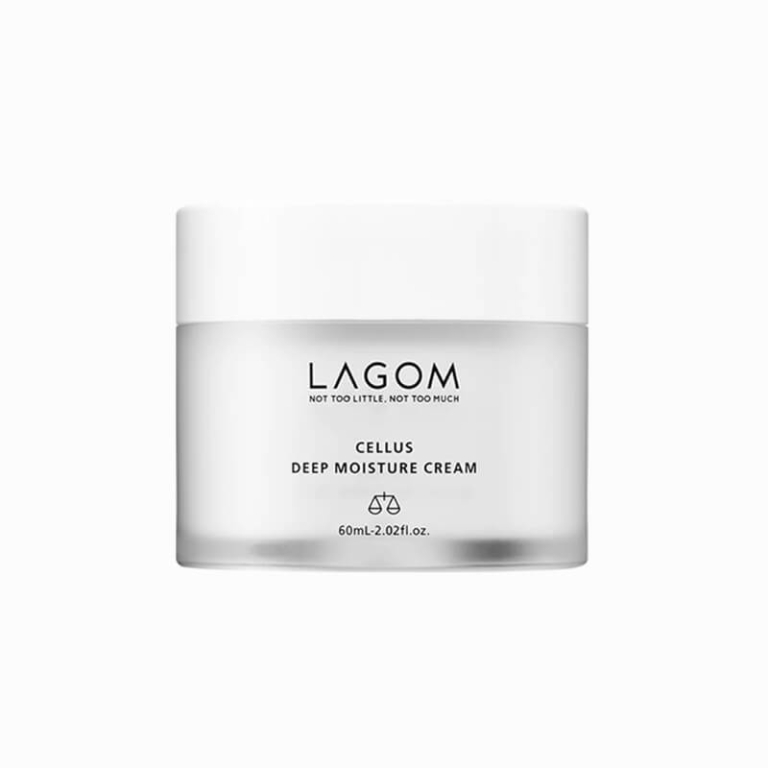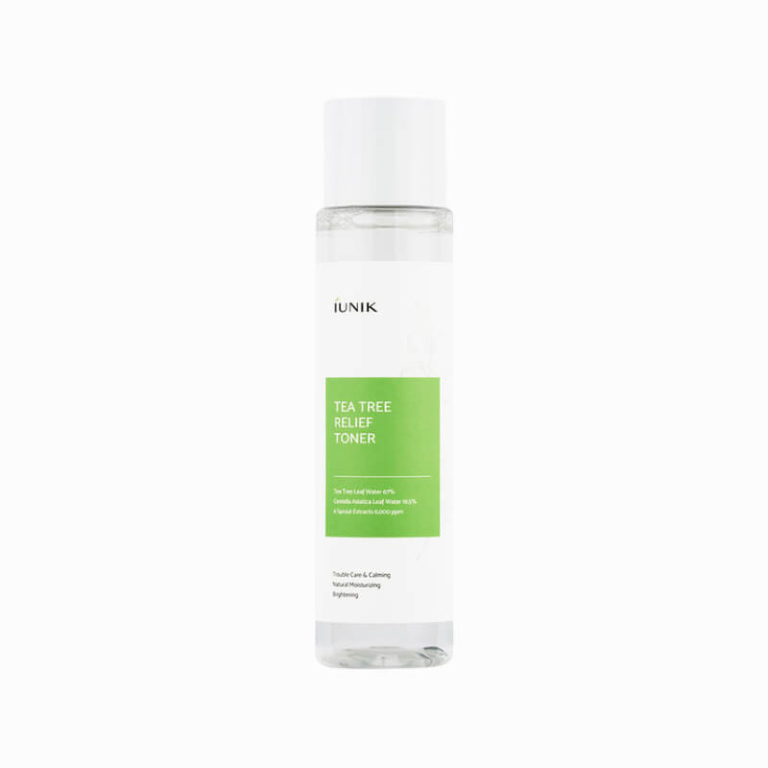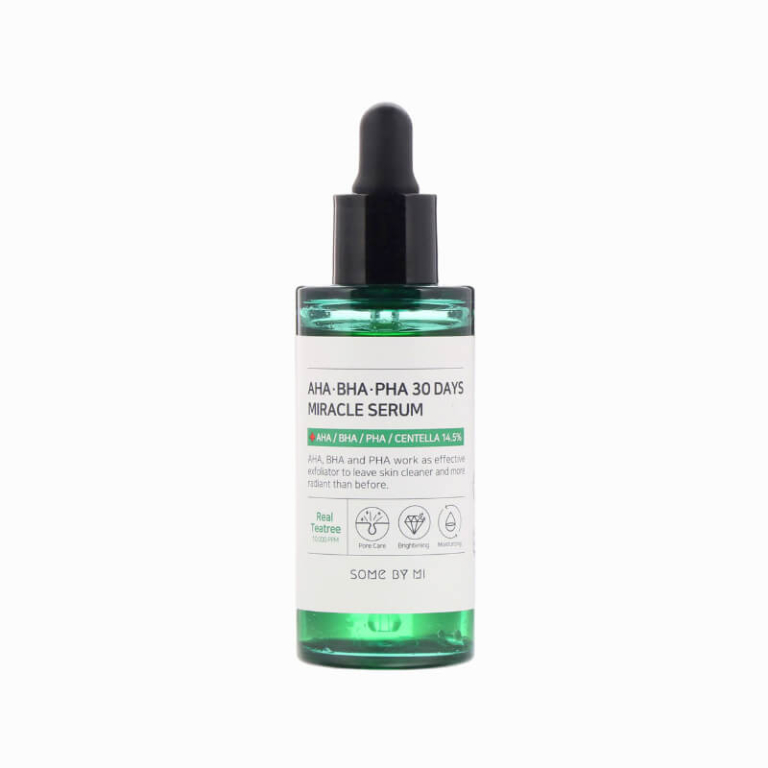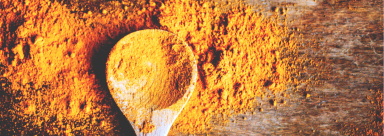
Korean cosmetics are renowned for incorporating unique ingredients—often derived from nature—that remain largely unexplored or underutilized in other global beauty markets due to unrecognized benefits.
Key ingredients like black rice, tea tree extracts, and propolis have become increasingly prominent in Korean beauty formulations. But what benefits do they truly offer? In this piece, we'll delve into six standout ingredients that define Korean cosmetics, elucidating their roles and efficacies.
Propolis
Propolis, a resinous substance produced by bees from tree and other plant resins, acts as a sealant for minute hive gaps, safeguarding against germs and ensuring cleanliness.
Endowed with anti-inflammatory and antibacterial properties, propolis emerges as a potent weapon against acne-inducing bacteria and inflammation. Rich in essential nutrients such as vitamins A, B1, B2, C, E, and vital minerals like calcium and iron, propolis fortifies the skin against damage and aging. Additionally, its polyphenols, when synergized with other potent agents like vitamin C or retinol, amplify the benefits manifold.
Which products feature propolis?
Black Rice
While there are various rice varieties, Korean skincare often harnesses the fermented version, commonly known as "black rice vinegar". The fermentation, involving water and yeast, unlocks the grain's rich nutrients, making them readily available for absorption.
Championed in Korean beauty formulations, black rice is celebrated for enhancing skin tone and texture. Recognized as a potent anti-aging ingredient, it boasts a rich profile of antioxidants believed to mitigate the effects of sun damage and oxidative stress. The inherent enzymes in black rice invigorate the skin by eliminating dead cells and fostering new cell growth.
Furthermore, black rice serves as a protective shield, defending our skin against pollutants by counteracting harmful toxins. The augmented vitamin E in fermented black rice promotes skin hydration, a trait underpinning the long-held Korean conviction that consuming black rice contributes to youthful appearance. Parallel to other whole grains, black rice also facilitates digestion and helps stabilize blood sugar.
Which beauty products feature black rice?
Chamomile
Chamomile, a plant celebrated for its multitude of medicinal virtues, holds a special place in Korean skincare.
Esteemed for its calming effects, chamomile alleviates inflammation stemming from acne or sunburn. Its inherent antibacterial properties also deem it an effective counteragent against pimple-causing bacteria and other facial imperfections.
The world of Korean skincare prominently showcases two chamomile variants: German chamomile (Matricaria recutita) and Roman chamomile (Chamaemelum nobile). While German chamomile, enriched with higher antioxidant levels, is a darling in the beauty realm, Roman chamomile shines for its tranquilizing qualities and its mild exfoliation properties. These chamomile varieties grace a myriad of skincare offerings, spanning cleansers, serums, toners, lotions, and beyond.
Which formulations spotlight chamomile?
Vitamin C
Vitamin C stands as a cornerstone ingredient in Korean skincare, revered for its manifold benefits. Acting as a potent antioxidant, it combats free radicals that threaten premature skin aging and the formation of wrinkles. Beyond its antioxidant prowess, vitamin C mitigates inflammation, alleviating the swelling and redness arising from skin irritations or sun exposure, and addresses hyperpigmentation and skin imperfections.
Of paramount importance, vitamin C plays an instrumental role in collagen synthesis. As collagen—the key structural protein lending skin its elasticity—decreases with age, vitamin C's contribution in bolstering collagen production ensures the skin remains plump, supple, and resilient as years advance.
Which formulations are enriched with vitamin C?
Ceramides
Ceramides, essential lipids naturally synthesized by the body, act as the cohesive force maintaining the skin's integrity, suppleness, and hydration. They function as a protective barrier, safeguarding the skin from external threats such as harmful bacteria and viruses. When ceramide levels deplete, the skin often manifests signs like roughness and flakiness.
With age, our ceramide production dwindles. Notably, by the age of 40, our natural ceramide synthesis has approximately halved, rendering the skin more susceptible to dryness and brittleness. This underscores the significance of fortifying our skincare routines with products rich in ceramides to replenish this pivotal lipid.
But what about ceramides and hair?
Mirroring their role for the skin, ceramides in haircare products bolster scalp health and resilience. They not only enhance hair's natural sheen but also shield it from potential damage.
Which formulations are infused with ceramides?
Tea Tree Extract
Tea tree extract, hailing from the leaves of the Melaleuca alternifolia plant indigenous to Australia, has secured its foothold not only in contemporary Korean skincare but has also remained a cherished staple for Korean women across generations.
This revered extract is celebrated for its potent anti-inflammatory properties, adept at pacifying irritated skin, obliterating blemishes, and warding off future breakouts. Remarkably, it calibrates the skin's oil levels, purging excess sebum without compromising the skin's innate moisture. Furthermore, it serves as a reservoir of antioxidants, providing a defense shield against the deleterious effects of UV rays and other external aggressors that pave the way for premature aging and skin pallor.
Beyond skincare, tea tree extract boasts antifungal attributes and is instrumental in neutralizing skin bacteria, fostering a pristine and luminous complexion. For acne-afflicted skin, it orchestrates a harmonious balance by modulating sebum production and curtailing inflammation, redness, and swelling.
Which formulations are enriched with tea tree extract?
